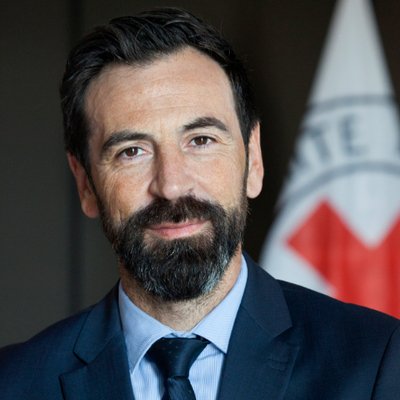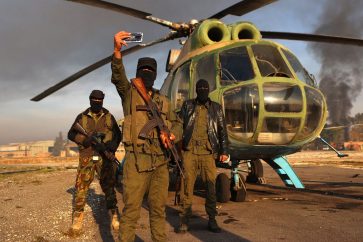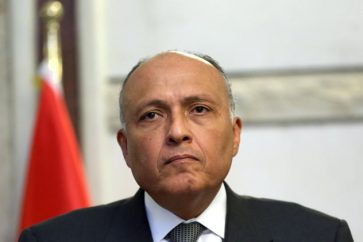The International Committee of the Red Cross (ICRC) warned on Thursday that the outbreak of coronavirus in the Middle East threatens to shatter the lives of millions of already destitute people in conflict zones, and could fuel socio-economic upheaval.
Conflict-hit countries need urgent support to stem the spread of COVID-19 and prepare for a potentially devastating aftermath, the ICRC’s Near and Middle East Director Fabrizio Carboni said in a statement obtained by Al-Manar Website Correspondent in UN Office Geneva Ahmad Hajj Ali.
“The Middle East is today facing the twin threats of potential mass virus outbreaks in conflict zones and looming socio-economic upheaval. Both crises could have severe humanitarian consequences,” the statement said.
Naming Syria, Iraq, Yemen, Gaza, Lebanon and Jordan, Carboni called for authorities in the volatile region to prepare for a “potentially devastating aftermath” and a “socio-economic earthquake”.
“The COVID-19 pandemic threatens to be a global socio-economic earthquake. It will be felt acutely in the region’s conflict zones, where millions are already coping with little or no healthcare, food, water and electricity, lost livelihoods, rising prices and destroyed infrastructure,” he added.
He warned that authorities and local responders must be supported now to ensure people’s lives, livelihoods and food security are protected later, noting that curfews and lockdowns imposed as public health measures to stem spread of the virus are already making it difficult or impossible for many to provide for their families.
“Small shops are shuttered. Cafes sit empty. Street vendors have lost their passing trade. The switch to online working could see many left behind. Over time, levels of hunger, malnutrition and chronic illness and stress linked to economic problems could soar.”
Millions in the Middle East already lack health care, food, water and electricity in conflict-hit countries where prices are rising and infrastructure damaged, the ICRC said.
Then, Carboni gave examples of ICRC’s COVID-19 response in the Middle East mentioned countries.
Source: Al-Manar Website Correspondent in UN Office Geneva Ahmad Hajj Ali




